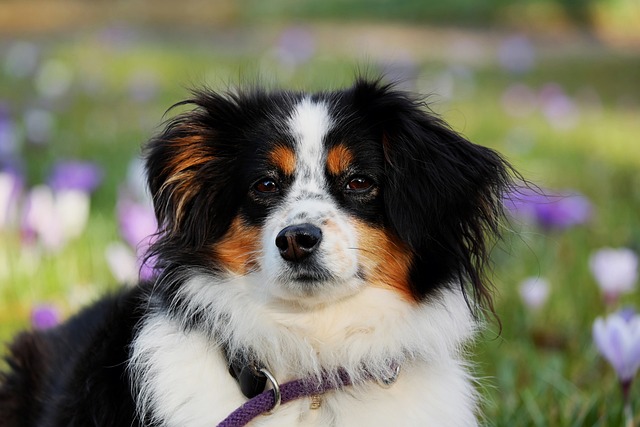
How do i train my dog to be obedient?
Watching your dog dart across the park ignoring your calls isn’t just frustrating—it can put them at risk near busy streets or public spaces.
Most puppies start showing signs of readiness for potty training between 12 and 16 weeks old—this is when their bladders and bowel control start to develop consistently. Before this age, their tiny bodies simply can’t hold it for long, no matter how hard you try to teach them. Watching for cues like sniffing the floor, circling, or whining can help you catch the right moment to guide them outside, which builds good habits early.
Starting training too late can lead to frustrating accidents that are harder to correct later on. Many local areas have leash laws and waste cleanup requirements, so getting your dog trained not only keeps your home clean but also keeps you compliant with local regulations. Failing to pick up after your dog or letting them relieve themselves in public areas can result in fines in places like California or parts of the UK.
Every dog learns at their own pace, so patience is key—don’t scold your dog for accidents, as this can make them afraid to go in front of you. Instead, reward them with treats or praise when they go in the right spot, whether that’s a designated area in your yard or a dog park. This positive reinforcement aligns with animal behavior studies that show rewards work better than punishment for long-term habit formation.
 For adult dogs adopted from shelters, potty training might need a fresh start, even if they had training before. Changes in environment can cause stress, leading to accidents, so sticking to a consistent schedule—taking them out after meals, naps, and playtime—helps them adjust. Some adult dogs may also have medical issues that cause accidents, so a vet checkup is a good first step if training feels like an uphill battle.
For adult dogs adopted from shelters, potty training might need a fresh start, even if they had training before. Changes in environment can cause stress, leading to accidents, so sticking to a consistent schedule—taking them out after meals, naps, and playtime—helps them adjust. Some adult dogs may also have medical issues that cause accidents, so a vet checkup is a good first step if training feels like an uphill battle.
Following local rules isn’t just about avoiding fines; it’s part of being a responsible dog owner in communities where shared spaces matter. In cities like New York, there are strict rules about where dogs can go off-leash, and proper potty training helps keep public parks and sidewalks clean for everyone. It also builds trust with neighbors who might not be dog owners but share the same outdoor areas.
By the time your dog is 6 months old, they should have a solid grasp of potty training with consistent practice. Remember that training is an ongoing process—travel or changes in routine can throw off even well-trained dogs, so staying flexible and keeping up with the schedule helps maintain good habits. A well-trained dog is happier, healthier, and makes for a more harmonious life in any neighborhood.

Watching your dog dart across the park ignoring your calls isn’t just frustrating—it can put them at risk near busy streets or public spaces.

New puppy owners often find themselves rushing to clean up accidents before they set in, and that’s where puppy pad training becomes a game-changer.

If you've noticed your dog's waistline disappearing and your veterinarian has mentioned those few extra pounds, your first instinct might be to simply reduce the amount of food in their bowl.

Training a dog to use a designated spot indoors isn’t as daunting as many new owners fear, but it does take consistency and an understanding of your pet’s needs.

That moment of dread on a walk is all too familiar for many new dog owners. You see another dog approaching down the sidewalk of your neighborhood

If the sight of another dog on your neighborhood walk makes your heart sink as your own dog erupts into a frenzy of barking and lunging, you're not alone.